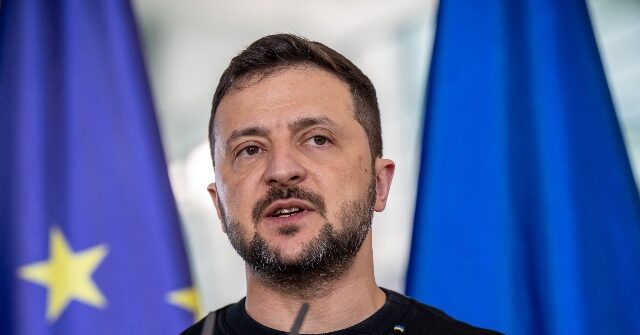Ukrainian President Volodymyr Zelensky expressed optimism that the conflict with Russia could conclude by next year during his recent visit to Berlin, where he sought increased military support from Germany and other European allies. Zelensky, who is navigating a challenging third winter of war, embarked on a whirlwind tour of major European capitals, including London, Paris, and Rome, in a bid to bolster support for Ukraine. In Berlin, he met with Chancellor Olaf Scholz and emphasized the critical importance of sustained aid, indicating that he would present his strategy for winning the war and underscoring the devastating impact the conflict has on Ukraine, both in terms of human lives and national stability.
Chancellor Scholz assured Zelensky that Germany and its European partners would continue to supply defense equipment this year, including a substantial aid package of four billion euros for 2025. Scholz also underscored the necessity for a peace conference that would involve Russia, although he firmly stated that any peace agreement must adhere to international law, rejecting any terms dictated by Russia. This insistence on law-based peace negotiations reflects the broader context of Ukraine’s resistance against Russian advances, as well as the value both leaders place on a negotiated end to hostilities rather than capitulation to aggressor demands.
During his European tour, Zelensky also engaged in discussions with Pope Francis in the Vatican, focusing on the plight of Ukrainians captured or deported to Russia since the onset of the war. The Pope, who has consistently called for peace, provides a platform for Ukraine’s humanitarian concerns. However, Zelensky had to contend with earlier comments from the Pope that sparked outrage in Kyiv, particularly when he suggested negotiations might require Ukrainians to consider concessions. This illustrates the complexities Ukraine faces, not only militarily but also in shaping international dialogue around the war’s resolution.
In Paris, during discussions with French President Emmanuel Macron, Zelensky dismissed media speculation regarding ceasefire negotiations with Russia, asserting that Ukraine remained steadfast in its position of recovering all territorial integrity. He clarified that any talk of peace must begin with complete Russian withdrawal from Ukrainian land, firmly rejecting suggestions to cede territory. This steadfastness is indicative of the resilience within Ukraine’s leadership as Russian forces continue to gain ground in the eastern regions, complicating the situation on the ground and exacerbating humanitarian crises.
Russia has achieved lethargic progress along the eastern frontlines, including assaults on critical infrastructure. This has put immense pressure on Ukraine as they brace for what is described as their toughest winter since the invasion began. High-profile incidents, including deadly Russian strikes on civilian areas such as Odesa, have only intensified calls for stronger military support for Ukraine. Zelensky’s ongoing appeal for long-range weapons from allies underscores the dire need for Ukraine to fend off continuous attacks and regain momentum in the conflict, even while he faces resistance from partners fearful of escalating the situation into a broader NATO confrontation with Russia.
Amidst these developments, the internal German political landscape is showing signs of strain as calls for more substantial military support for Ukraine grow louder. Scholz’s reluctance to supply specific long-range missile systems has drawn criticism, even from coalition partners like the Greens and the Free Democrats. As Ukraine’s strategic needs evolve, the pressure for a decisive response to Russian aggression mounts. Engaging with allies and keeping international support alive represents a critical strategy for Zelensky, who remains committed to fighting back against Russian occupation while advocating for Ukraine’s sovereignty and territorial integrity. The volatile situation, rife with political implications, underscores the urgency of delivering adequate support in the face of sustained aggression, reinforcing the need for an effective, united front among Ukraine’s allies.

